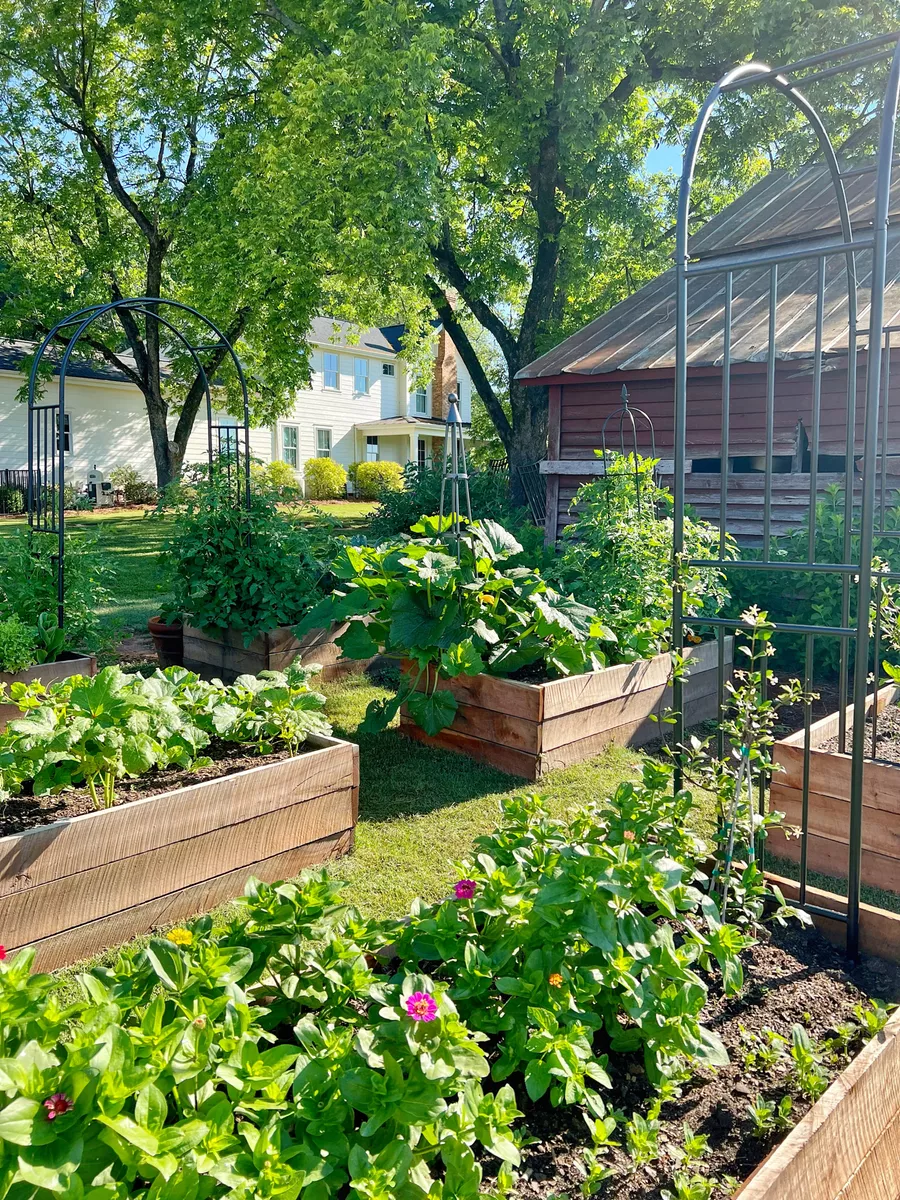Seasonal Gardening Tips: What to Plant and When for Best Outcomes
Seasonal Gardening Tips: What to Plant and When for Best Outcomes
Blog Article
Opening the Benefits of Horticulture: A Detailed Look at the Different Kinds and Their Influence On Health
Discovering the multifaceted benefits of gardening reveals a range of methods that significantly improve individual wellness. From veggie and herb yards to container and raised bed setups, each kind provides distinctive advantages that prolong beyond simple growing. These tasks not just foster physical wellness through active engagement however also add to mental wellness by alleviating anxiety and motivating mindfulness. As we check out these diverse gardening strategies, it comes to be noticeable that their effect can resonate on individual, social, and environmental degrees, prompting a better check out exactly how these links form a cohesive narrative of alternative health.
Kinds of Horticulture

Flower gardening, another popular group, emphasizes the aesthetic charm of cultivated blooms. This type can boost landscapes and promote biodiversity by bring in advantageous pollinators. Similarly, natural herb horticulture includes growing fragrant and culinary plants, adding both to food preparation and natural treatments.
Container gardening deals versatility, allowing people with minimal space to take part in gardening by using pots and planters. This method is specifically popular in city settings. Elevated bed horticulture, on the other hand, includes producing raised stories that enhance soil water drainage and accessibility, making it easier for garden enthusiasts to handle their plants.
Lastly, community gardening fosters collaboration among people in common rooms, promoting social communication and collective responsibility. Each type of gardening offers distinctive objectives and satisfies different choices, making horticulture a flexible activity that can be tailored to individual needs and environments.
Mental Health Advantages
Involving in different kinds of gardening not just produces concrete incentives such as fresh fruit and vegetables and gorgeous flowers however likewise provides significant mental health and wellness advantages. Research indicates that horticulture can be an effective tool for lowering stress, stress and anxiety, and depression. The act of having a tendency to plants and cultivating a garden cultivates a feeling of function and success, which can boost total psychological wellness.
Moreover, gardening encourages mindfulness, as it requires people to focus on the existing moment, whether it be planting seeds or nurturing development. This mindfulness practice can lead to reduced rumination and boosted state of mind security. The exposure to natural surroundings throughout gardening has also been linked to enhanced cognitive functioning and reduced feelings of tiredness.
Social communication plays an essential duty in mental health, and community gardening initiatives supply possibilities for people to get in touch with others, cultivating a sense of belonging. The common experience of gardening can cultivate friendships and assistance networks, better boosting emotional strength.
Physical Health Benefits
Lots of people may not realize that gardening likewise supplies considerable physical wellness read the article advantages. Engaging in gardening tasks needs a series of physical motions, consisting of bending, lifting, digging, and planting, which jointly add to improved stamina, adaptability, and endurance. These activities can boost cardio health by promoting an elevated heart price, consequently minimizing the risk of heart problem.
Additionally, horticulture can work as a moderate-intensity exercise, aiding people achieve suggested physical task degrees. Studies indicate that regular engagement in horticulture can shed considerable calories-- approximately 200-400 calories per hour, relying on the intensity of the jobs performed. Such calorie expense is valuable for weight administration and general metabolic wellness.
Furthermore, direct exposure to sunshine throughout horticulture can promote the synthesis of vitamin D, which plays a crucial duty in preserving bone wellness and sustaining immune function. Additionally, the act of horticulture often entails functioning with soil, which has been connected to potential psychological and physical health and wellness advantages due to the visibility of valuable microorganisms. Gardening.
Social Connections Via Horticulture
The communal aspects of gardening foster meaningful social links among individuals. Community gardens, specifically, act as vivid hubs where individuals from varied histories collaborated, growing not just plants yet likewise partnerships. These shared spaces click site urge cooperation, permitting individuals to trade knowledge, abilities, and sources, consequently improving their horticulture experience and fostering a sense of belonging.
Interaction in gardening tasks commonly leads to the formation of relationships and support networks. Individuals often join for usual objectives, such as planting periods, harvest events, or instructional workshops, which reinforce social connections and create a feeling of neighborhood. Such interactions can reduce sensations of seclusion and improve psychological well-being, as individuals find friendship and sociability in common ventures.

Environmental Influence of Gardening
Gardening considerably adds to environmental sustainability in multiple methods. Home yards give essential habitats for numerous varieties, consisting of pollinators such as bees and butterflies, which are necessary for ecological community health and wellness.

Furthermore, yards play a vital duty in water conservation. Well-planned landscapes, including native plants and xeriscaping, minimize water usage and protect against runoff, thereby securing neighborhood waterways from air pollution.
Verdict

In conclusion, gardening serves as a multifaceted task that enhances well-being across numerous domain names. The diverse kinds of horticulture-- consisting of vegetable, flower, natural herb, container, and elevated bed-- add to psychological view it now and physical health, foster social links, and advertise environmental sustainability. By participating in horticulture techniques, people can experience improved quality of life while also sustaining neighborhood bonds and environmental health and wellness. Eventually, the alternative advantages of gardening underscore its value as an important aspect in enhancing overall well-being.
Report this page